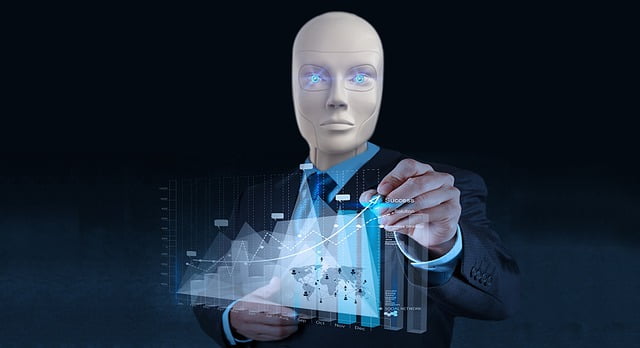Some ethical principles are very easy to comprehend. For instance, treat others with honor, do not steal. And treat others the way you would want to be treated. However, issues of what is right and what is wrong become a little bit blurrier when it comes to the world of trade.
Of course, companies will try as much as they can not to exploit their labor forces or partners. However, the fact that most companies charge their customers the way they want is the elephant in the room.
Artificial intelligence (AI) is one way to go in ensuring that companies tailor their pricing techniques in an ethically considerate perspective. In the basic terms, artificial intelligence provides a platform that enables businesses, machines, and technologies to perform their operations to be considered intelligent or smart.
What is AI For Trade?
In essence, AI fosters ethical pricing by enabling a given company’s machines to access useful data then learn for themselves without being programmed. The fact that most of the AI algorithms are initiated by considering highly detailed behavioral data fosters effective determination of what the targeted consumer segments are willing to pay for a given product with optimal precision.
In particular, AI innovations like machine learning can make it possible for machines (company computers) to access useful consumer data and initiate self-learning without being explicitly programmed to engage in this pursuit. Similarly, AI machine learning innovations have the ability to evolve with the periodically changing consumer and market behaviors.
Why Use AI for Price Regulation
From monopolistic operations to free-market ideologies, the present-day consumer is left to grapple with exorbitant prices without a voice. We live in an era where the ordinary consumer has to face supercharged price discriminations.
AI makes it possible to initiate commodity price control through AI algorithms and some elements of behavioral science. In essence, AI algorithms make use of consumer behavioral information to make inferences concerning what the targeted customer segments are willing to pay for a commodity with greater precision.
On the other hand, advancements in behavioral science have provided businesses with greater ability to put their consumer segments’ behaviors at check. This, coupled with machine learning has enabled businesses that apply artificial intelligence as a metric of operation to embrace certain key ethical pricing concepts like refraining from pricing activities that manipulate their clients’ decisions and behaviors, avoiding harm and fostering fairness.
Value Based Pricing For Businesses and Consumers Is Essential
With or without the inclusion of AI systems, companies must reconsider the need to embed certain key ethical and societal viewpoints in their pricing strategies. In particular, businesses must be awakened to appreciate that their relationship with their consumer segments must reveal some degrees of mutuality.
Other revolutionary fields like healthcare and data science have indeed gone the artificial intelligence way to offer ethically sensitive prices for their products and services. Businesses could take advantage of modern innovations that charge their customers in a dimension that fosters transparency in a manner that helps rather than harming the clients whose absence would render the ventures obsolete.


